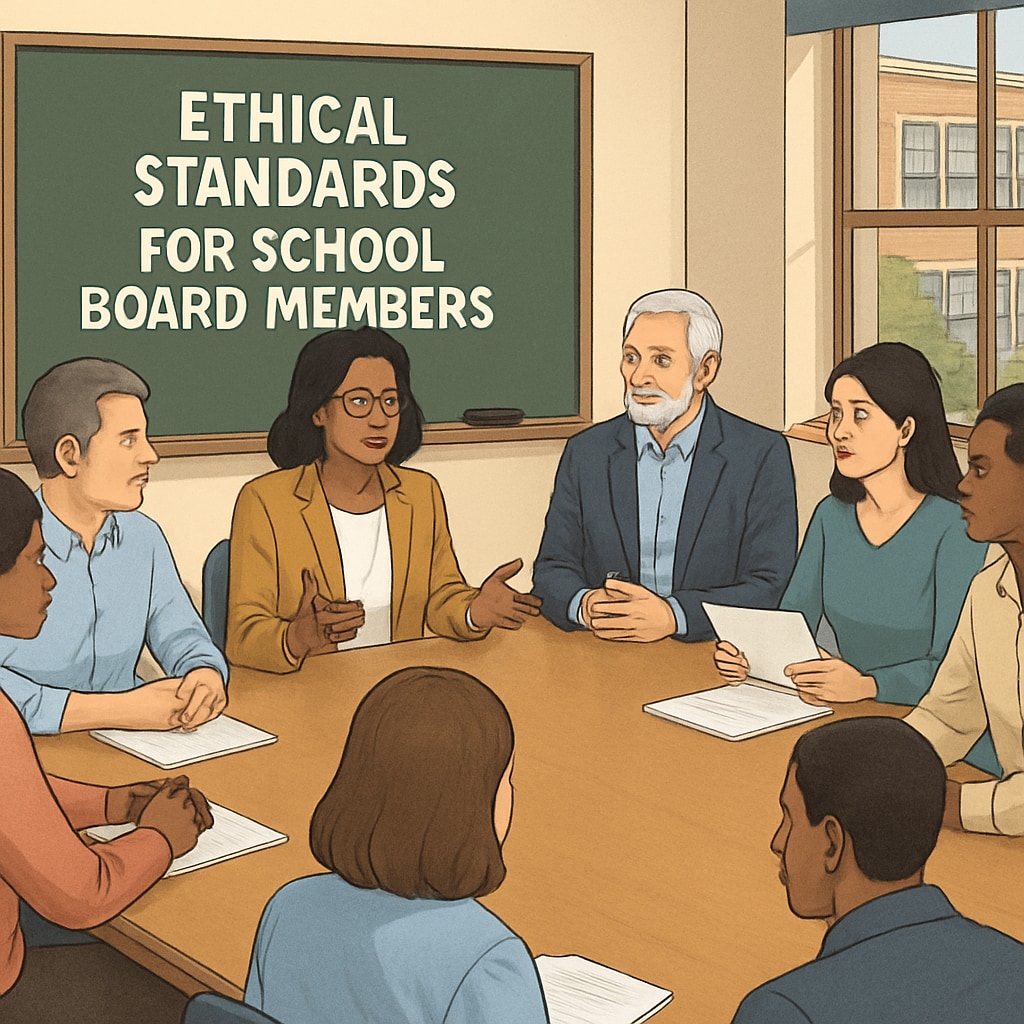The issue of school board members having a history of child abuse raises significant concerns about ethics, safety, and community trust. When individuals with child abuse records are entrusted with decision-making authority in schools, it prompts an urgent need for scrutiny and action. Community members are justified in their apprehension, as schools should be sanctuaries for children, free from any potential harm. This article examines the ethical dilemmas surrounding such cases and proposes a multi-layered framework for communities to address these challenges effectively.
Why Child Abuse Records on School Boards Raise Concerns
School boards are tasked with shaping the policies and environment in which children learn and grow. However, when a board member has a record of child abuse, it calls into question their suitability for such a pivotal role. The presence of such an individual can:
- Undermine trust between the school and the community.
- Create a perception of negligence in the vetting process.
- Potentially jeopardize the emotional and physical safety of students.
For example, research from Britannica on child abuse highlights the long-term impact of abuse on children, which makes preventing any recurrence in educational environments critical. Such records, even if decades old, can provoke unease within the community, emphasizing the need for vigilance in governance.

Community Responses to Ethical Breaches
When faced with such situations, communities have several avenues to ensure accountability and foster safer educational environments:
- Legal Procedures: Advocating for stricter background checks and disclosure requirements for school board members can help filter out individuals with disqualifying records.
- Community Organizing: Forming advocacy groups to monitor school governance and push for policy reforms ensures sustained oversight.
- Public Awareness Campaigns: Educating parents and residents about their rights and the importance of ethical governance can drive collective action.
- Petitions and Recall Elections: Communities can leverage democratic tools to remove unsuitable board members or demand their resignation.
For further insights, resources such as Wikipedia’s ethics in education article provide valuable context on maintaining integrity in educational settings.

Building a Safer Educational Framework
To prevent ethical dilemmas like this from arising in the future, communities and educational institutions can adopt a proactive approach:
- Enhanced Screening Processes: Implementing rigorous background checks for all candidates seeking positions on school boards.
- Transparent Governance: Publishing meeting minutes, board member qualifications, and decision-making processes to foster accountability.
- Regular Ethics Training: Ensuring that all board members receive continuous training on ethical standards and child welfare policies.
By taking these steps, communities can address immediate concerns while laying the groundwork for long-term institutional integrity. Schools must prioritize the well-being of students above all else, and ethical governance is an indispensable part of this mission.
In conclusion, when the integrity of school boards is compromised, it is the collective responsibility of the community to act. Through legal, organizational, and public-awareness initiatives, we can ensure that schools remain places of trust, safety, and growth for every child.
Readability guidance: The article uses short paragraphs and lists to break down complex issues. Transition words such as “however,” “therefore,” and “in addition” are used to maintain flow. Active voice and concise sentences enhance clarity, while examples and authoritative links add credibility.


